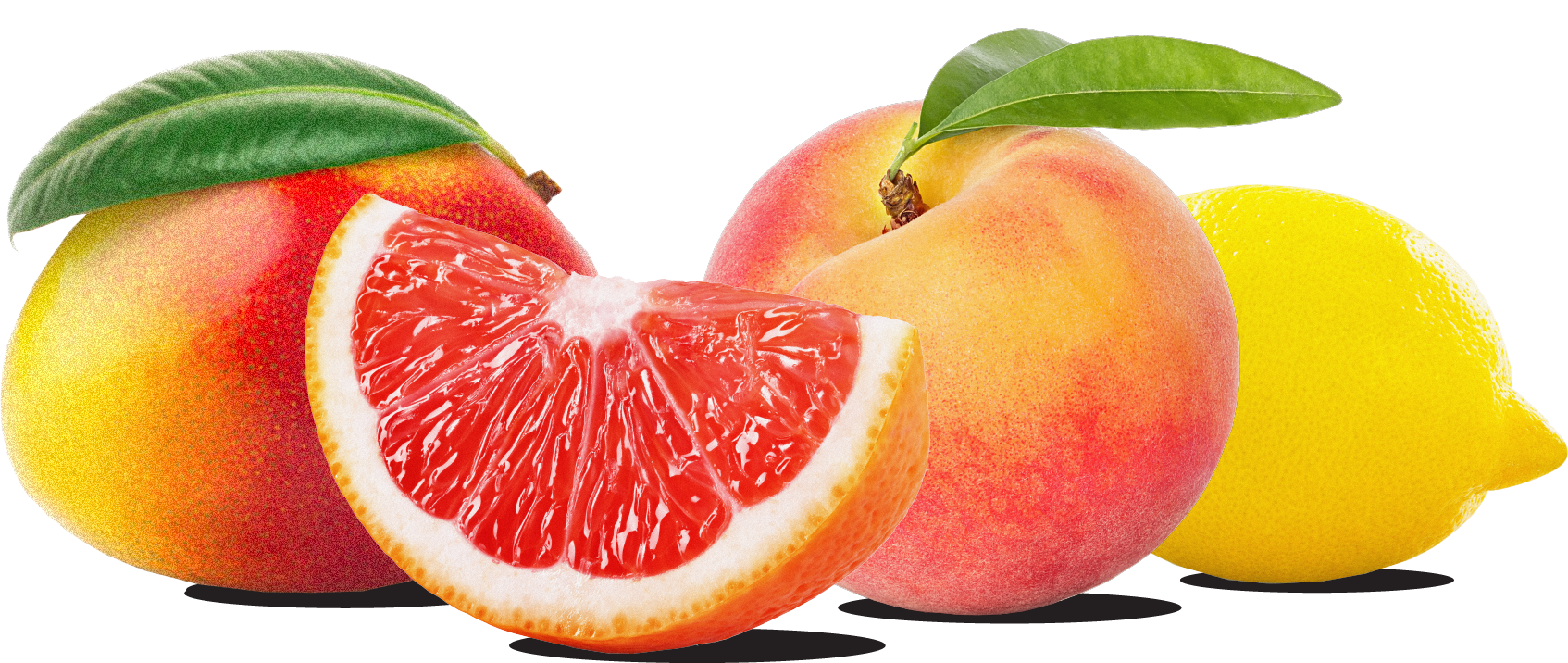Calm Your Mind: Nutrition for Anxiety
Monday 15th – Sunday 21st May is Mental Health Awareness Week in the UK and for 2023, the focus is anxiety.

If it seems like anxiety is more common than it used to be, that’s because according to the World Health Organisation (WHO) it very much is. We don’t know if it’s that more people are aware of the symptoms and therefore reporting feelings of anxiety, or whether cases are on the increase, but these days, anxiety disorders are amongst the most common mental health issues worldwide. Anxiety is thought to affect around 1 in 13 globally, and according to Mental Health UK, over 8 million people are experiencing an anxiety disorder at any one time. Contributing factors suggested in the apparent increase in anxiety include our fast-paced modern lifestyle, use of technology and social media and the after effects of the COVID-19 pandemic, which caused widespread disruption and uncertainty.
Common symptoms of anxiety
- Excessive worry or fear
- Restlessness or feeling on edge
- Irritability
- Muscle tension
- Difficulty concentrating
- Sleep disturbances
- Panic attacks
With the right support, anxiety is a treatable condition, therapies such as cognitive-behavioural therapy (CBT) can be helpful, regular exercise, relaxation techniques such as yoga or meditation, a healthy diet and in some cases, medication can help to reduce anxiety symptoms.

10 nutrients for anxiety
At GMV, we focus on the ingredients our bodies need to function at their best, so here’s our top 10 to help nourish your body and calm your mind:

1. Vitamin B complex including B1, B2, B3, B5, B6, B9, and B12, are essential for proper nervous system function. Vitamin B1, for instance, helps regulate the nervous system, while vitamin B6 plays a critical role in the production of serotonin, a neurotransmitter that regulates mood. Deficiency can lead to irritability, depression, and anxiety.
Source: whole grains, eggs, meat, fish, dairy products, leafy green vegetables.
2. Omega-3 fatty acids, particularly EPA and DHA, have been shown to have a beneficial effect on mental health, including reducing anxiety symptoms.
Source: oily fish, such as salmon, mackerel, and sardines, as well as in flaxseeds, chia seeds, and walnuts.
3. Magnesium is a mineral that plays a critical role in the functioning of the nervous system. Low magnesium levels have been linked to anxiety and other mental health conditions.
Source: leafy green vegetables, nuts, seeds, whole grains, and dark chocolate.
4. Vitamin D is essential for maintaining healthy bones, but research suggests that it may also play a role in mental health. Low levels of vitamin D have been linked to depression and anxiety. It is mostly produced in the skin in response to sunlight.
Source: fatty fish, egg yolks, and fortified dairy products.
5. Vitamin C is a powerful antioxidant that can help reduce inflammation in the body, which has been linked to anxiety and other mental health conditions.
Source: citrus fruits, strawberries, kiwi, and red peppers.
6. Zinc is essential for many bodily processes, including immune function, wound healing, and neurotransmitter regulation. Low zinc levels have been linked to anxiety and depression.
Source: oysters, beef, chicken, beans, and nuts.
7. Probiotics - Emerging research suggests that gut health may play a significant role in mental health. Probiotics, which are live bacteria and yeasts that are beneficial to the digestive system, have been shown to have a positive effect on anxiety symptoms.
Source: fermented foods, such as yogurt, kefir, and sauerkraut.
8. Protein is important for building and repairing tissues in the body, including the brain. Protein contains amino acids, which are essential to produce neurotransmitters that regulate mood.
Source: chicken, turkey, fish, and beans.
9. L-theanine is an amino acid that has a calming effect on the brain and promotes the production of GABA, dopamine and serotonin, neurotransmitters that help to combat anxiety, induce feelings of relaxation and promote healthy sleep.
Source: black, green and white tea
10. Water - Dehydration can impact brain function, including mood and cognitive function. Aim for at least 8 glasses of water per day to stay hydrated. Our 1 litre bottles are great for staying on top of your hydration and vitamin intake.
Find out more: https://www.mentalhealth.org.uk/
Sources: https://mentalhealth-uk.org/ https://www.mind.org.uk/
 |
Author |

